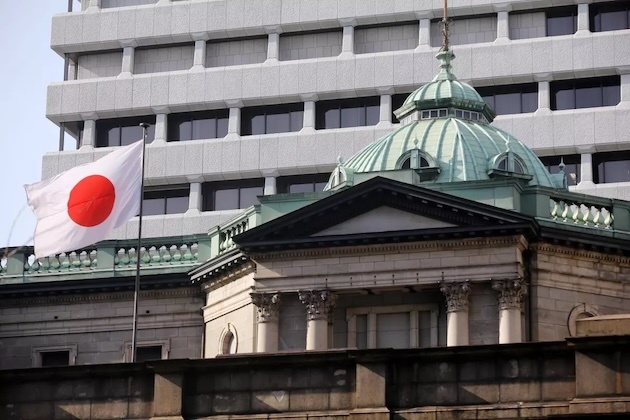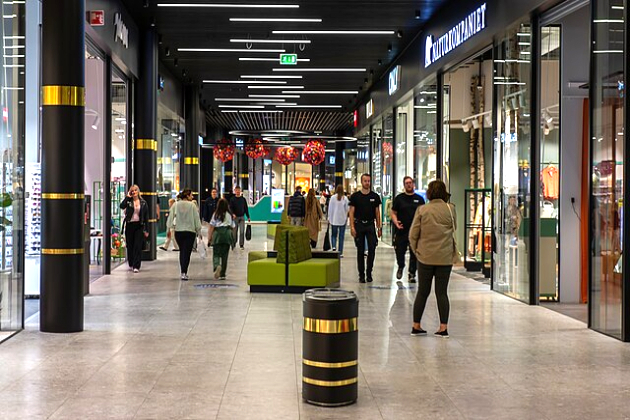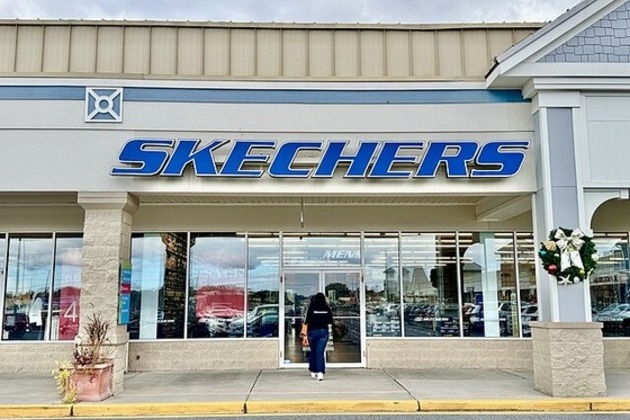What is better for the drug criminals: Jail or court-ordered rehab
7Newswire
26 Feb 2021, 20:12 GMT+10

Approximately 80% of all adult and juvenile offenders are arrested or incarcerated for crimes that involved substance use or addiction. After release from prison, about 95% of addicts return to alcohol or drugs. And 60-80% of them commit crimes again.
Why do addicted people commit so many crimes? Why isn't incarceration always the right solution? And what is the way out?
What is court-ordered rehab?
Incarceration is a response to the crime, but it doesn't focus on the real root of the problem. It doesn't address the addiction that contributes to criminal behavior.
These days, almost any U.S. court can send a substance-abusing offender to rehab. But some courts are specifically designed to review drug offenses. Over 3,100 of them operate in the country currently. An offender can be offered an alternative to incarceration or a lighter sentence if they agree to enroll in a court ordered rehab.
The National Association of Drug Court Professionals (NADCP) calls this justice reform 'the most successful intervention in our nation's history'. They explain that treatment courts have already led more people to treatment than any other intervention in the country. Finally, people living with substance use disorders get the chance to start the lives of recovery and stability instead of getting into jail.
What are the principles of a court-ordered treatment program?
Mandatory rehabilitation has its peculiarities. Firstly, the judge decides whether the defendant meets the criteria for compulsory treatment. These criteria include:
- It's the first or second offense;
- It's a non-violent crime which was committed as a result of alcohol or drug abuse;
- The defendant pleads guilty and agrees to receive addiction treatment;
- There're the prospects of benefitting from rehabilitation.
If the defendant is eligible, they are advised about the drug court program. They sign an agreement about their commitment to undergo a treatment program and stop using any substances for the duration of treatment.
During the whole treatment (which lasts from 3 to 12 months), there's regular judicial interaction with the participant. Random alcohol or drug tests are obligatory. Court-appointed officials monitor and evaluate the participant's progress to measure effectiveness.
If the participant doesn't stay abstinent from alcohol or drugs, gives up court mandated therapy or leaves the rehab, the case returns to traditional processing and the offender gets incarcerated. If the participant succeeds, they get a reduction of the charge or a dismissal of the original charge.
What type of facilities can the defendant expect?
Drug courts give access to a lot of rehabilitation services. Available treatment services are traditionally either inpatient (residential) or outpatient. The program includes detoxification and Cognitive Behavioral Therapy (CBT).
Who pays for court-ordered treatment?
Usually, the defendant has to finance the treatment. Health insurance can cover a part or a whole cost of rehabilitation. Also, some centers offer payment plans or fees based on a sliding scale.
What are the benefits of mandatory treatment for the defendants?
According to The National Institute on Drug Abuse (NIDA), the majority of studies demonstrate that legally mandated treatment can bring the same positive results as the voluntary one. What are those results for a criminal?
Completing a compulsory rehabilitation program is associated with the following benefits:
- Receiving medically-assisted treatment
Quitting alcohol or drugs cold turkey can be dangerous. In rehab, patients are under around-the-clock supervision. They undergo detoxification which helps to flush out all harmful chemicals the body has accumulated during substance abuse. And the CBT deals with the reasons for drinking or taking drugs and teaches to cope with stressful situations with healthy methods.
- Acquiring skills to avoid relapse
Returning to regular life after inpatient treatment is challenging. Triggers and stressors provoke a person to return to their old ways. During individual and group therapy sessions, the patients discover different tips and tricks to avoid the triggers, cope with temptations, and stay sober.
- No record of a crime
Successful completion of the program may end up with removing the crime from the public record.
What are the benefits for the government and society?
The estimated cost of drug abuse in the U.S. is more than $740 billion annually, according to NIDA. The sum runs up due to health care, crime and legal fees, and lost work productivity.
Sending offenders to court-ordered rehab contributes to substantial savings as it reduces crime rates and financial load on prisons. According to the Justice Research and Statistics Association, addicts who had received court-appointed treatment were re re-arrested less often than those who hadn't (57% comparing to 75%). They were re-convicted of a crime less often (42% compared to 65%). Within a year, only 30% of them got new jail sentences comparing to 51% of inmates who hadn't entered rehab. A lower crime rate is a benefit for the community. Everybody wins.
So, why rehab is better than jail time?
It often happens that people don't understand how serious their problem is and simply don't consider rehab. When they are required to undergo treatment by the court and appear in rehab, they take a sober look at their life and get assistance in changing it for the better. Thus, for someone who commits the crime due to substance addiction, it is better to go to court-ordered rehab instead of jail.
 Share
Share
 Tweet
Tweet
 Share
Share
 Flip
Flip
 Email
Email
Watch latest videos
Subscribe and Follow
Get a daily dose of Hawaii Telegraph news through our daily email, its complimentary and keeps you fully up to date with world and business news as well.
News RELEASES
Publish news of your business, community or sports group, personnel appointments, major event and more by submitting a news release to Hawaii Telegraph.
More InformationInternational
SectionChemical plant blast in eastern China kills 5, injures 19; 6 missing
BEIJING, China: Six people are still missing and rescue teams continued their search on May 28 after a powerful explosion at a chemical...
Rio beach rules to change starting June 1, says mayor
RIO DE JANEIRO, Brazil: Starting June 1, Rio de Janeiro's Mayor Eduardo Paes has issued a new set of rules for the city's beaches that...
US scraps CDC COVID shots for healthy children, expecting mothers
WASHINGTON, D.C.: In a significant shift to federal vaccine guidance, the U.S. government will no longer recommend routine COVID-19...
Xenon gas treatment helps climbers reach Everest faster and cleaner
KATHMANDU, Nepal: Using xenon gas treatment and new technology is making climbing Mount Everest faster and better for the environment...
Egypt unveils ancient tombs of New Kingdom officials in Luxor
CAIRO, Egypt: Egypt has revealed three newly discovered tombs in the Dra Abu al-Naga necropolis in Luxor. These tombs, found by Egyptian...
Global central bankers in Tokyo address discuss inflation and slowdown
TOKYO, Japan: As global inflation remains stubborn and growth prospects dim, central bankers from around the world gathered in Tokyo...
Business
SectionUS optimism rises after tariff pause, survey shows
WASHINGTON, D.C.: After months of steady decline, U.S. consumer confidence saw a significant rebound in May—buoyed in part by a temporary...
U.S. stocks end day, week, month with mixed performances
NEW YORK, New York - Uncertainty over trade tariffs kept invetsors and tradersv at bay on Friday with the major indices finishing mixed....
Skechers deal sparks wave of take-private talks amid trade turmoil
NEW YORK CITY, New York: As trade policy uncertainty rattles markets and slashes valuations, a growing number of U.S. retailers are...
Volvo cuts 3,000 jobs amid trade tensions and economic uncertainty
FRANKFURT, Germany: Volvo Cars, based in Sweden, is cutting 3,000 jobs to reduce costs as the automobile industry struggles with trade...
Amid losses, Nissan bets on e-Power hybrid to revive US sales
YOKOSUKA, Japan: Facing mounting losses and global restructuring, Japan's Nissan Motor Corp. is turning to its unique e-Power hybrid...
Wall Street ends volatile day higher
NEW YORK, New York - U.S. stock markets see-sawed Thursday as the judicial system became a key player in Donald Trump's trade wars....













